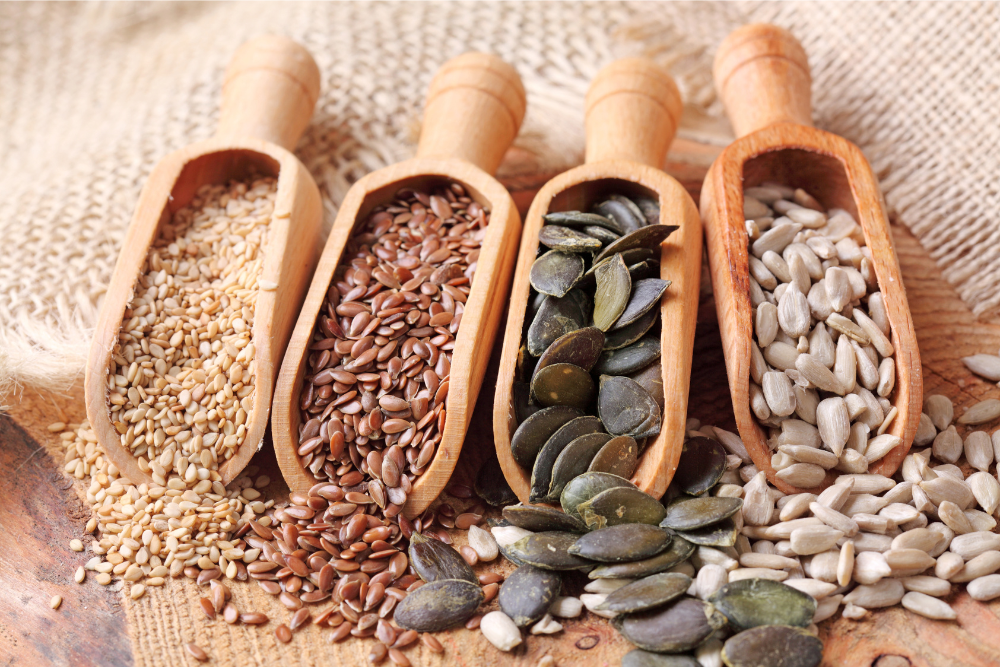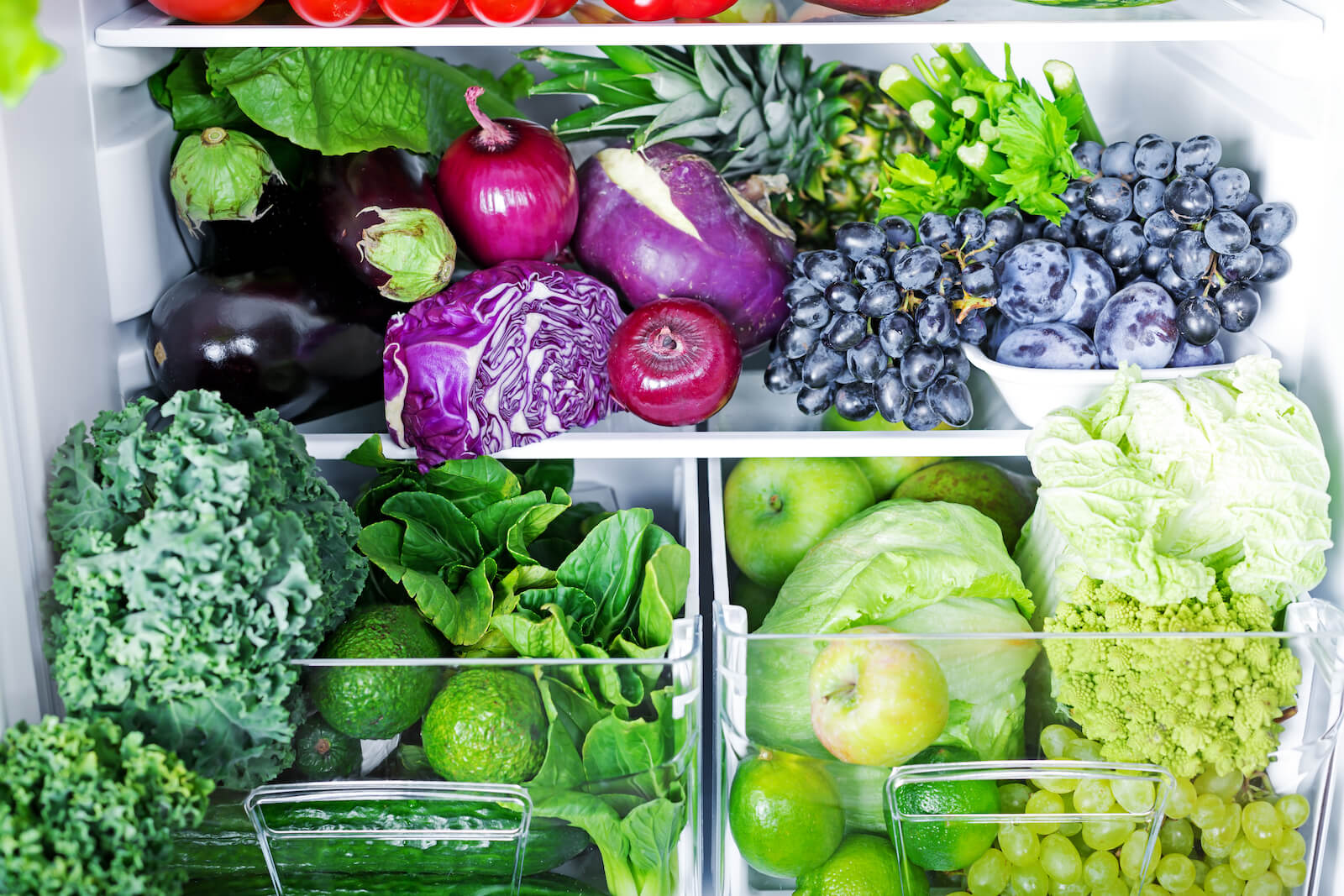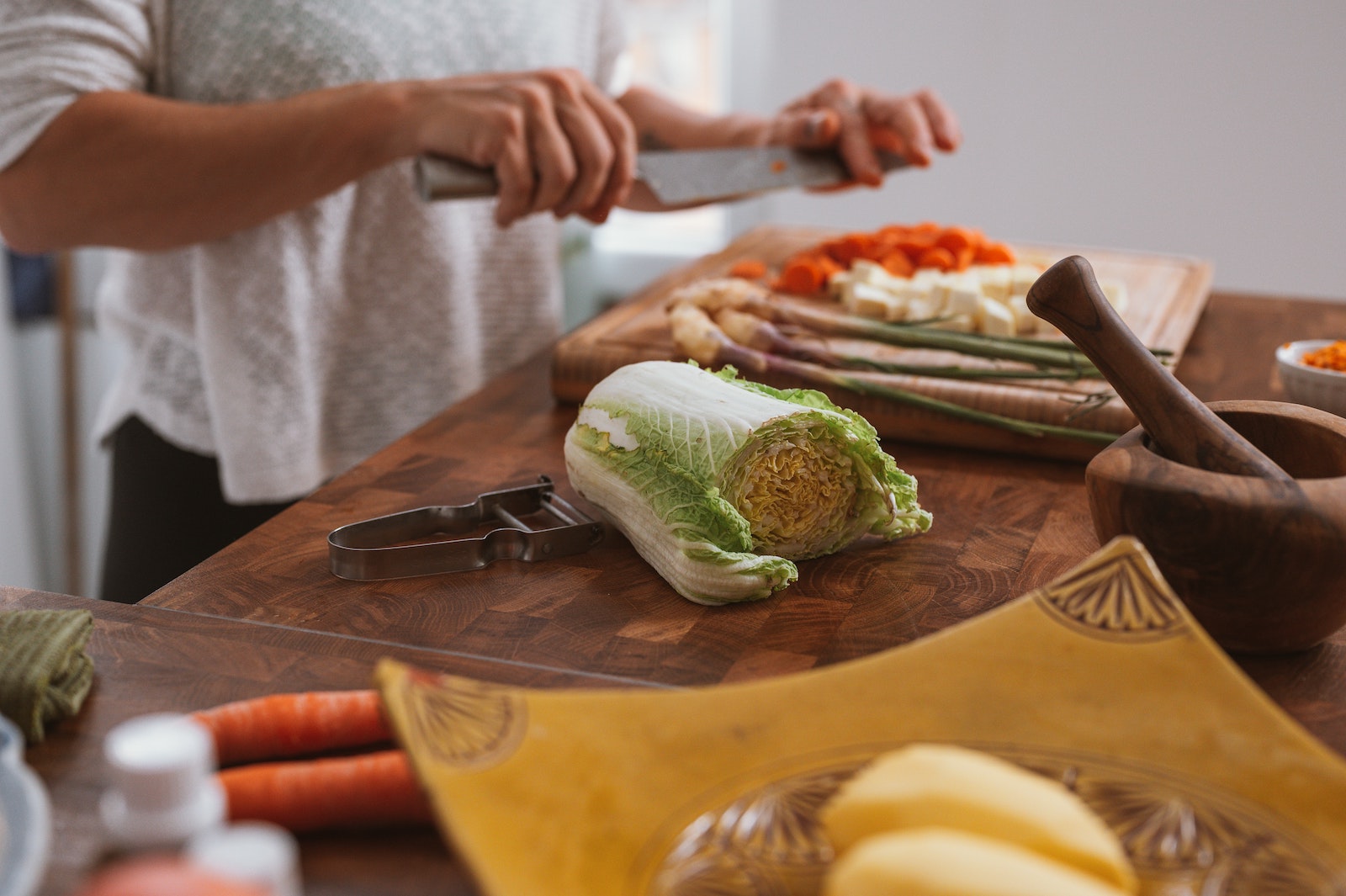Rotating of seeds is a valuable way of restoring hormonal balance for men and women. Seed cycling is so effective because the hulls of the seeds contain chemicals called lignans which help modulate the hormonal pathways of the body, while the seed oils are comprised of essential (or omega) fatty acids that provide the building blocks for steroid hormone synthesis.
As each seed type contains variations of these lignans and fatty acids, rotation of these seeds through the month provides the body with the variety of precursors it needs to create normal hormonal cycles. The additional oils (EPA/DHA & GLA) may also be added for added balancing.
The rotation plan can be done according to either the menstrual cycle (if it is fairly regular) or phases of the moon (if the menstrual cycle is absent or too irregular).

*From days 1-14 of the menstrual cycle (or from New Moon to Full Moon):
- 1-2 Tablespoon(s) per day of ground flax/ pumpkin seeds/ or chia seeds
- EPA/DHA 2,000 – 3,0000mg EPA/DHA (1,500 each)
Flax and pumpkin seeds support the ESTROGEN dominant time of your cycle and balancing the omega 3 pathway.
*From days 15 – 28 of the menstrual cycle (or from Full Moon to New Moon):
- 1-2 Tablespoon(s) per day of ground sesame or sunflower seeds.
- GLA (Borage or Evening Primrose Oil) 500 mg
- GLA (rich in Omega 6s that contains linoleic acid) converts in the body ultimately to prostaglandins, hormone-like molecules that help regulate Inflammation and blood pressure as well as heart, gastrointestinal, and kidney functions.
Sesame and sunflower seeds support the PROGESTERONE peaks of your cycle and balance the omega 6 pathway.

Seed Preparation:
It works best to use a coffee or spice grinder to grind the seeds. Only prepare a few days supply at a time as the seeds may oxidize and become less potent. Store the ground seeds in a jar with a tight-fitting lid and keep in the refrigerator. OR – you can prepare 1-2 cups of seeds and store in a jar and keep in the FREEZER to ensure freshness.
1-2 Tbsp / day can be used. You can eat the seeds with any foods such as salads, cereals, vegetables, grains or mix them in a little non-dairy milk or water. It adds a nutty crunchy taste to foods. ** USE ORGANIC SEEDS
Some tips to remember:
- If you have SIBO, you might want to avoid flax and chia seeds as it may worsen your symptoms.
- Always grind seeds fresh daily as the oils are delicate and break down quickly.
- Buy fresh seeds and store them in the refrigerator.
- Finally, be patient. Some women see changes in the first month but it is recommended to give it 3 months to see more results. If you want to know if seed cycling is right for you, reach out- we’d love to help guide you on your hormone balancing journey!
Information About Seeds
Flax Seeds
Flax seeds are high in B vitamins, manganese and magnesium. These power-packed seeds have many other nutrition components. 100 grams of ground flax seed supplies about 450 kilocalories, 28 grams/fiber and 20 grams/protein. Flax seeds should be ALWAYS be ground fresh before consumption (reduces rancidity) and can be added to any meal.
Pumpkin Seeds
Pumpkin seeds are very beneficial to your health because of the minerals they provide. The seeds contain high amounts of iron, magnesium phosphorus and zinc. They are also a fantastic source of protein (2 grams per tablespoon), phytosterols and beneficial polyunsaturated fats.
Sesame Seeds
Sesame seeds are very rich in iron, magnesium, manganese and copper. There are about 90mg of calcium in one tablespoon of unhulled seeds and 10 mg in hulled seeds. They also contain vitamin E (tocopherol) and vitamin B1 (thiamine). Sesame seeds contain the richest source of lignans, namely sesamin (a phytoestrogen), which has antioxidant and anti-cancer properties. The phytosterols present in sesame seeds are associated with reduced levels of blood cholesterol.
Sunflower Seeds
Sunflower Seeds are a rich source of vitamin E; also contain linoleic acid (an essential fatty acid), amino acids and minerals that include magnesium, potassium, zinc and calcium. Sunflower seeds are rich in phytosterols and can be part of a cholesterol- lowering diet. The nutritional value in one serving (1/4 cup) includes, 3.0 g/fiber and 6.0 g/protein. A serving of raw sunflower seeds also provides a person’s daily requirement of iron (about 13%).

Want more Inspired tips?
Be sure to follow us on Instagram, Facebook, and Pinterest.
Also, sign up for our newsletter!
Visit us in-person at Inspired Health, or schedule a TeleHealth appointment!
References
[1] “Should you try seed cycling for hormone balance.” Feb 27, 2020.
[2] “Menstrual cycle: What’s normal, what’s not.” Jun 13, 2019.
[3] “How seed cycling supports women hormonal health.” Feb 14, 2019.
[4] “Effects of unsaturated fatty acids.” Jan 13, 2010.






